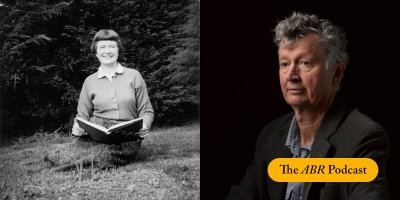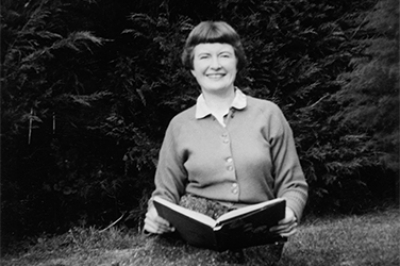John Harwood
Film | Theatre | Art | Opera | Music | Television | Festivals
Welcome to ABR Arts, home to some of Australia's best arts journalism. We review film, theatre, opera, music, television, art exhibitions – and more. To read ABR Arts articles in full, subscribe to ABR or take out an ABR Arts subscription. Both packages give full access to our arts reviews the moment they are published online and to our extensive arts archive.
Meanwhile, the ABR Arts e-newsletter, published every second Tuesday, will keep you up-to-date as to our recent arts reviews.
Recent reviews
Ann-Marie Priest’s My Tongue Is My Own, published by La Trobe University Press and reviewed in our June issue, is the first authorised biography of the Australian poet Gwen Harwood (1920–1995). Unsurprisingly, this was not the first attempt to record the life of one of Australia’s most loved and admired poets. In an exclusive feature for ABR, John Harwood reflects on the conflicting motives behind his literary executorship of his mother’s estate – an estate holding the secrets to an at-times fractious marriage between two opposing temperaments.
... (read more)When Ann-Marie Priest wrote to me in 2015 asking whether she might talk to me about her proposed biography of my mother, and requesting my permission to examine some correspondence in the Fryer Library, which I, as Gwen Harwood’s literary executor, had placed on restricted access, I replied with a terse refusal to cooperate. Since my mother’s death in December 1995, I had kept tight control of her vast correspondence, nearly all of which she had donated to various research libraries over the last two decades of her life, and I saw no reason to change my ways.
... (read more)The Best 100 Poems of Gwen Harwood by Gwen Harwood, edited by John Harwood
What is the relationship between our literary culture and the academy? Moreover, should there be any relationship between the two, or is it healthier if each remains separate, largely isolated from the other? These-questions were brought into focus for me by ‘Word Games’, a provocative essay in the Spring issue of Island, that lively Tasmanian literary magazine.
... (read more)





